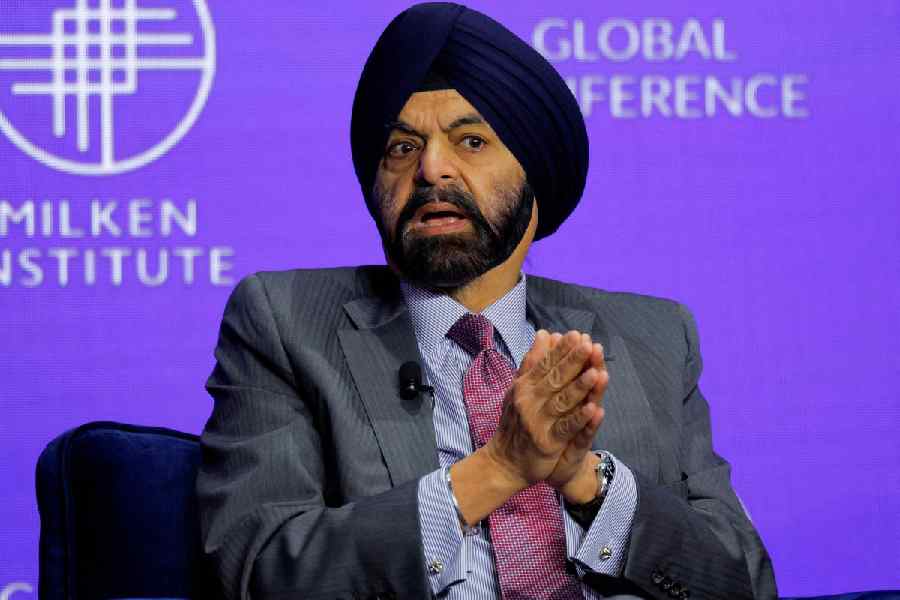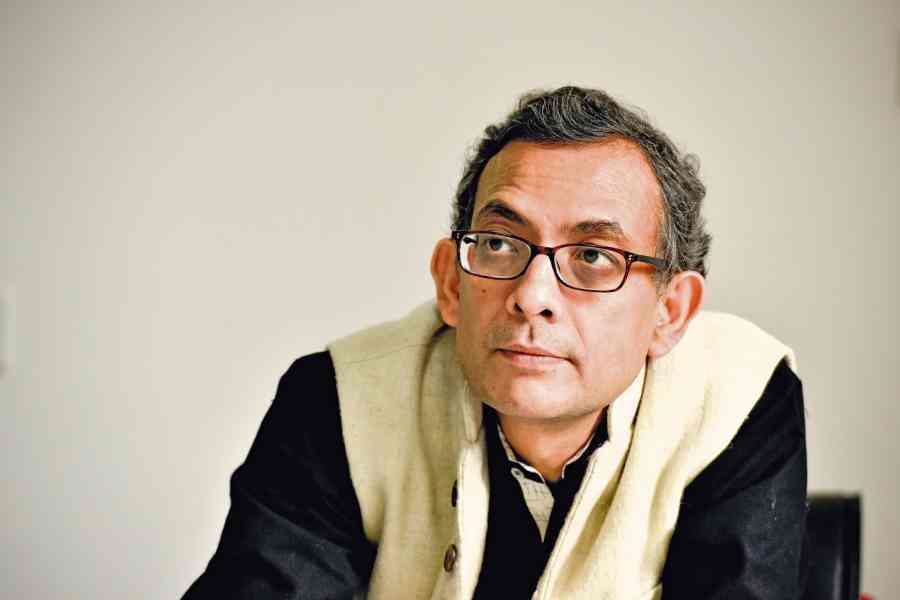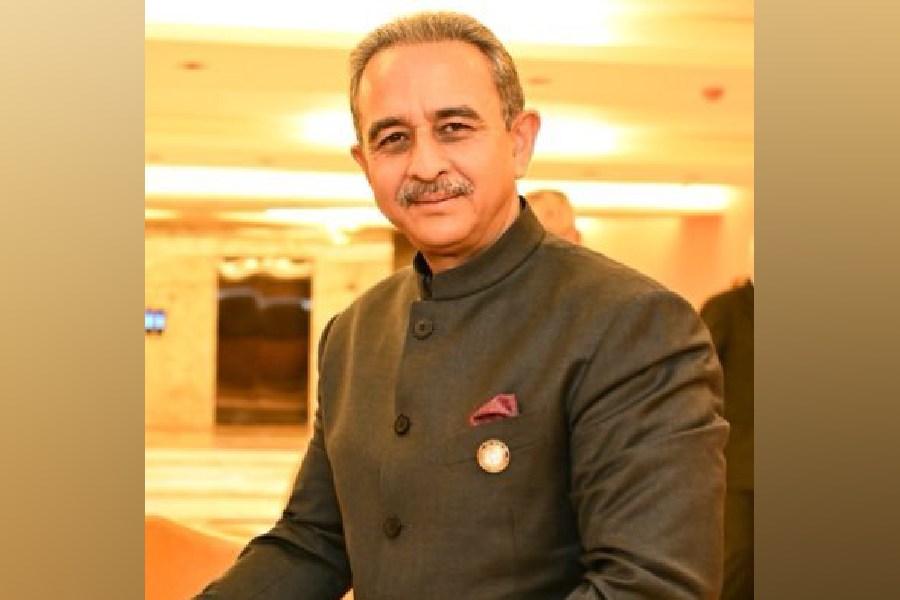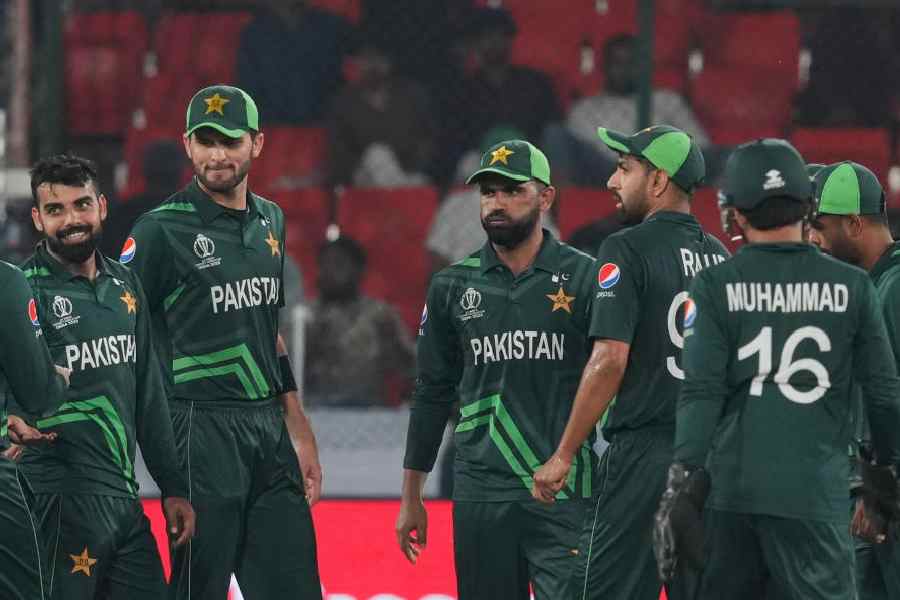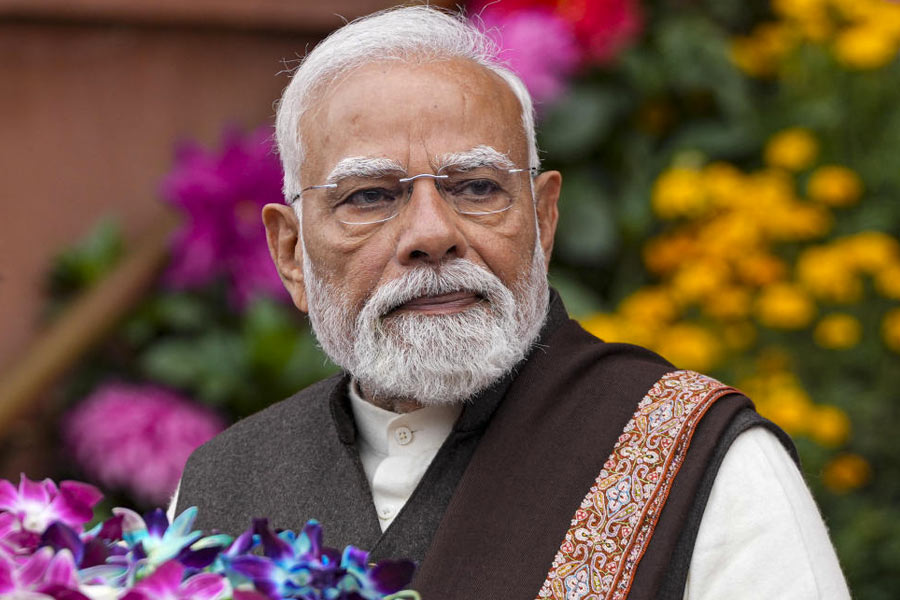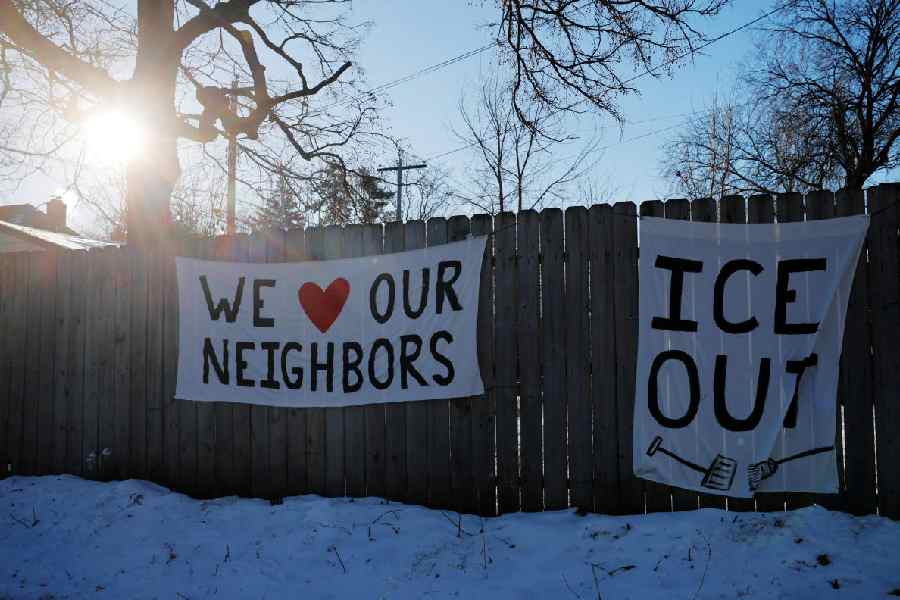 |
Mumbai, June 25: Maharashtra’s Congress-NCP government today cleared 16 per cent reservation for Marathas and 5 per cent for Muslims as backward groups with immediate effect, moving to shore up its fortunes ahead of the Assembly polls after the general election rout.
The quota will cover government jobs and education institutions for the two groups. The Marathas account for 32.6 per cent of the state’s population and Muslims 10 per cent, according to the 2001 census. The government has identified 50 groups within Muslims that will be eligible for the benefit.
The combined 21 per cent quota will take the total reservation in the state to 73 per cent, which is one the highest in the country and raises questions whether it would stand court scrutiny. The Supreme Court has said the limit should be 50 per cent and is hearing cases against states that have overshot the threshold.
Maharashtra at present has 52 per cent reservation for different backward communities (see chart).
Announcing the decision after a meeting of the state cabinet this evening, chief minister Prithviraj Chavan stressed the quota was not religion-based and had been given through two separate categories: “Educationally & Socially Backward Category (ESBC)” for the Marathas and a “Special Backward Class (Muslims)” segment for the Muslims.
“The quota for Muslims is not religion-based but linked to the criterion of social and economic backwardness. This reservation is not valid for the creamy layer and is specifically meant for the socially and educationally backward,” said Chavan.
The chief minister is a Maratha, as are other key state leaders like deputy chief minister Ajit Pawar and NCP chief Sharad Pawar.
“The decision has been taken after careful study of recommendations by various committees and on the basis of Article 15.4 (pertaining to the educational quota) and 16.4 (job quota) of the Constitution,” added Chavan, whose party won only two of the state’s 48 Lok Sabha seats.
Ally NCP bagged four. Before the Lok Sabha polls, the ruling combine had promised quotas for the Marathas but failed to make good the pledge.
Today’s decision is mainly based on the reports of two committees. One was headed by state Congress minister Narayan Rane and recommended 20 per cent quota for the Marathas. Another panel, headed by retired IAS officer Mehmood-ur-Rahman, suggested 8 to 10 per cent reservation for backward Muslims.
A section of Maratha Kunbis, a farming sub-caste, already get reservation under the OBC quota.
As the two separate categories have been carved out, Chavan said the 21 per cent reservation would not impinge on the reservations for the SCs, STs and the OBCs, adding the new provision would come into effect “immediately.”
Asked if it would stand legal scrutiny in view of the Supreme Court’s 50 per cent cap, Chavan said: “If someone moves the Supreme Court, we will explain our point of view.”
The BJP supports reservations for Marathas but accused the Congress-NCP of playing quota politics with an eye on the Assembly elections, due in October, and wondered whether today’s moves would be legally tenable.
“A legal amendment is necessary for Maratha reservation and the government has not done that.… Religion-based reservation is against the Constitution. The Supreme Court has already set aside Andhra Pradesh’s quota for Muslims,” said the BJP’s Vinod Tawde, leader of the Opposition in the Legislative Council.
Tawde was referring to the 5 per cent reservation for Muslims introduced by Andhra’s then YSR Reddy government that was quashed on the ground that it was based on religion. But the Reddy government later set aside a 4 per cent quota for backward Muslims under the OBC quota that still continues.
Tamil Nadu too provides backward Muslims 3.5 per cent reservation — an equal share to backward Christians. The move has been challenged before the high court by groups that argue the overall OBC quota has been affected.
The Maharashtra provision, therefore, is unlike the other states as it has been done by increasing the overall reservation limit.
Chief minister Chavan dismissed the BJP’s criticism that the government’s move was prompted by the debacle of Congress-NCP combine in the Lok Sabha elections last month.
“Reservations for Muslims have been recommended since 2004 by the Sachar Committee, the Rangannath Mishra committee, a study group set up by (former Maharashtra chief minister) Vilasrao Deshmukh in 2007 and the Mehmood-ur-Rahman committee. So this is a long process. How can this be linked to the 2014 poll results? This is not a political reservation. This is to remove backwardness among these communities.”
The Mehmood-Ur-Rahman committee which studied socio-economic backwardness of Muslims in Maharashtra stated that out of one crore Muslims, about 60 per cent live below the poverty line.


